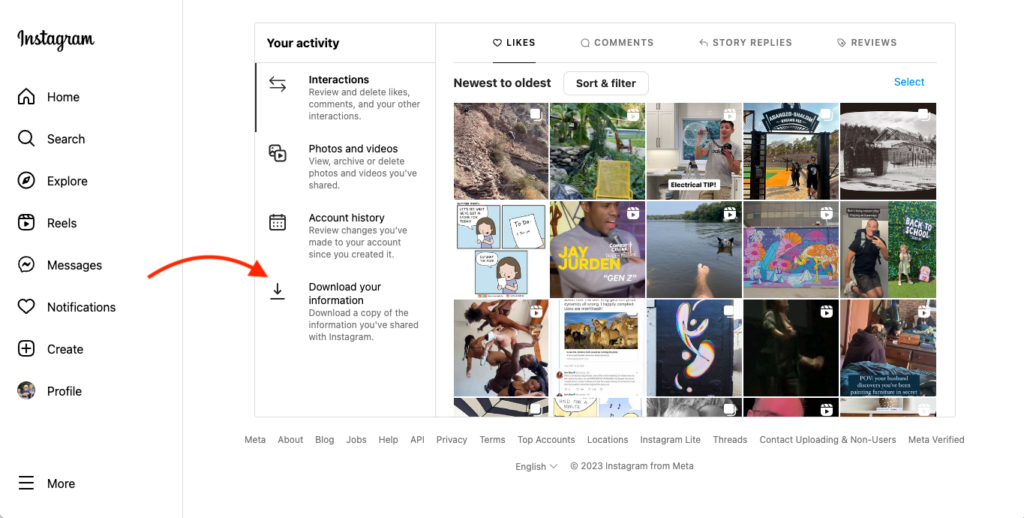Now Reading: Why Privacy Is Now a Privilege
-
01
Why Privacy Is Now a Privilege
Why Privacy Is Now a Privilege

In the digital age, privacy has become a rare and valuable commodity. In Tier 2 cities across India, rapid adoption of smartphones, social media, and online services has made personal information increasingly accessible. From social media posts to e-commerce habits, people often unknowingly share intimate details, making privacy a privilege rather than a default right.
One reason is pervasive data collection. Apps, websites, and digital services track user behavior to target ads, suggest content, and influence choices. Most users rarely read privacy policies, leaving their personal information exposed to companies and third parties.
Another factor is social transparency. Sharing life events, location updates, and personal achievements online has become normalized. Peer pressure and the desire for validation push individuals to reveal more than they might intend, often compromising their own privacy.
Cybersecurity threats also contribute. Phishing, hacking, and data breaches are increasing, affecting both individuals and businesses. In smaller cities, limited awareness about online security makes residents more vulnerable to privacy violations.
Ultimately, maintaining privacy requires conscious effort, digital literacy, and selective sharing. Protecting personal information, setting boundaries online, and understanding data usage are essential to reclaim control, making privacy a deliberate choice rather than an assumed right.

























